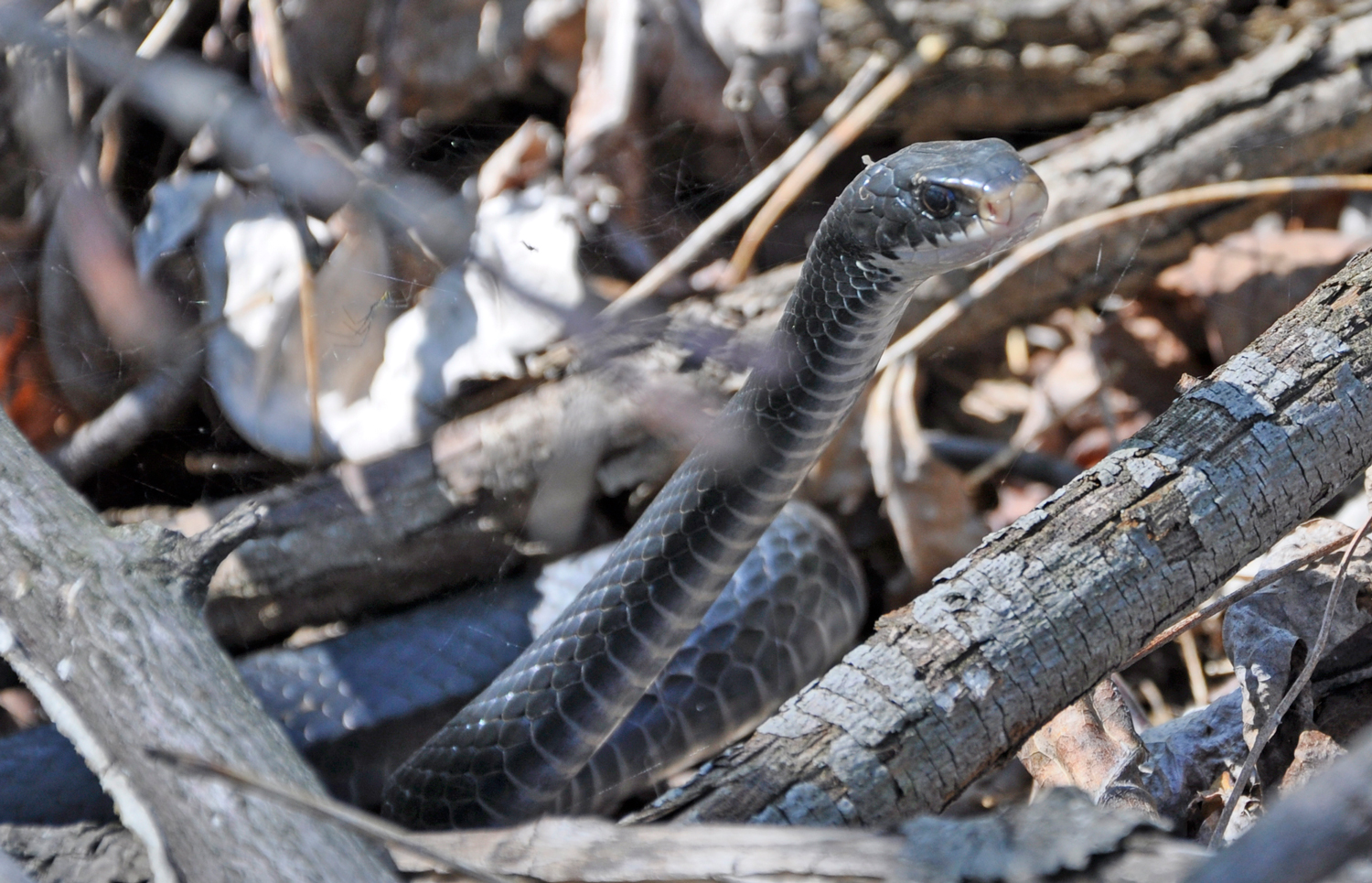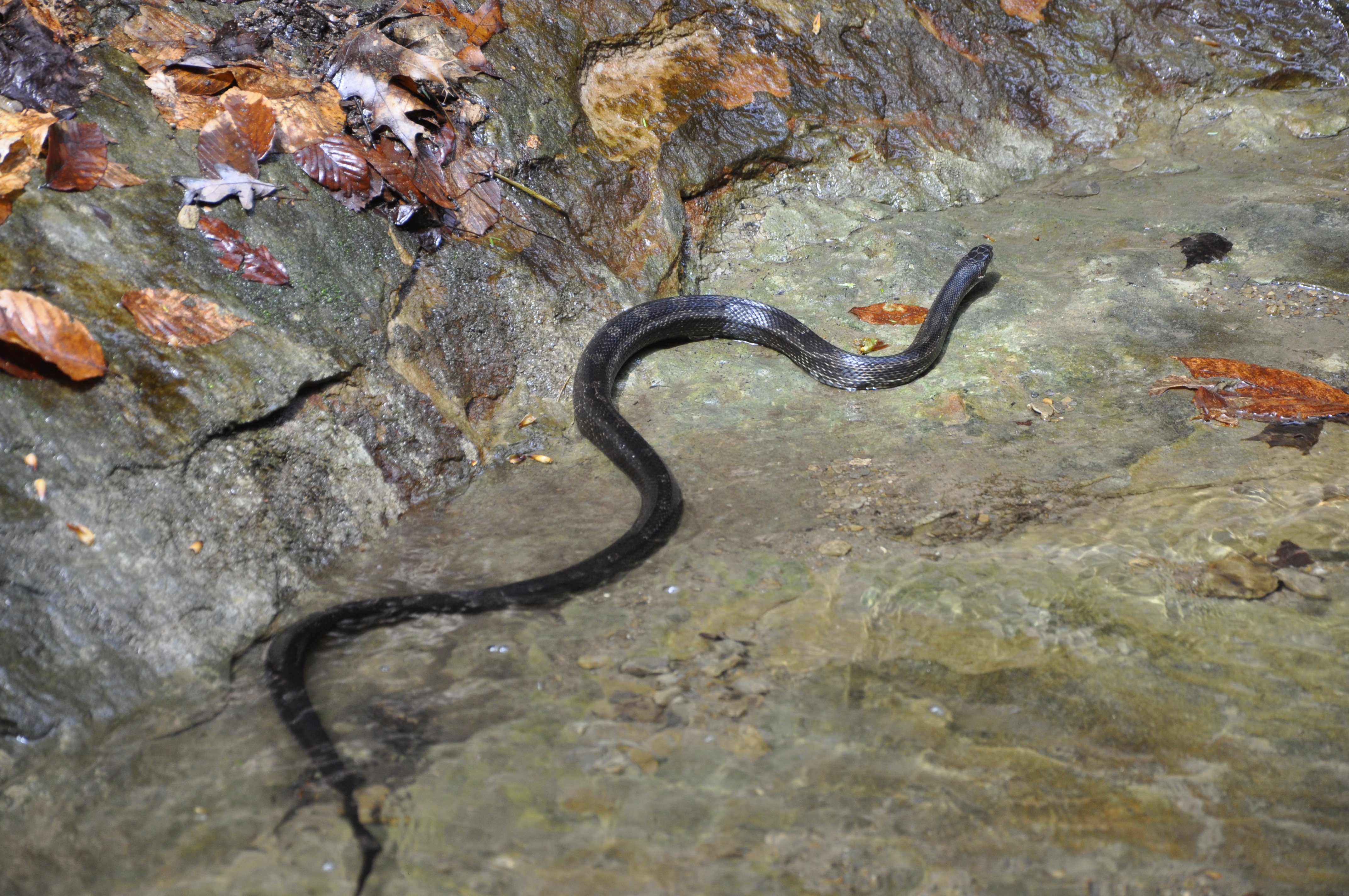Snake
Are snakes in my yard and home dangerous?
Snakes live in a variety of habitats, from forests and swamps to grasslands and deserts. In urban and suburban areas, they are drawn to wood piles, stone walls, gardens, and sometimes sheds, garages, and basements – especially if they can find rodents and insects there. Snakes play an important role in the ecosystem by keeping insect and rodent populations in balance, and as such lawns and gardens can benefit from their presence. Some species can even prevent the spread of disease to people, pets, and livestock by feeding on rodent and insect carriers.
Very few snakes – especially those in urban/suburban areas – are venomous (or poisonous). Ninety percent of all snake species are NOT venomous.
Snakes rely on the environment to regulate their body temperature. That is why you may see them stretched out on rocks during the summer, or in caves, woodpiles, and other, less ideal spaces – like basements, sump pumps, and walls – to keep cool.
Call your doctor immediately if you are bitten by a snake. If you suspect the snake is venomous, call 911 and do not try to suck the venom out. It is best not to try to touch or handle a snake if you are unsure if it is venomous, and doing so may be illegal in your state.
Source:
Solutions for snake problems
Laws and regulations to be aware of
While we attempt to provide guidance about state and federal regulations pertaining to specific species and control techniques, we do not provide information about local jurisdictions (city, town, county, etc.) where regulations may be more restrictive, especially as it applies to discharge of firearms, transport of animals or use of trapping equipment. Contact your local city or county government to inquire further. No guarantee is made that information (or lack of information) associated with a species or control technique is completely accurate or current. You should become familiar with federal, state and local laws before beginning any wildlife control activities. |





